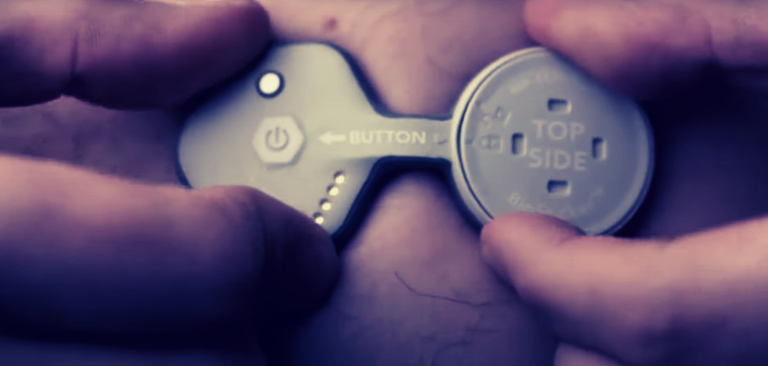Lockdowns, social distancing, and mask wearing for months on end as a way to deal with the Covid saga may be hard enough for many people – but it’s not enough for many companies and schools.
A New York Times report said that in addition to tracing apps, various forms of invasive surveillance methods, including wearable devices that monitor people’s vital signs around-the-clock, are now being either considered or already deployed by a growing number of US universities and large companies.
As researchers point out, if the new surveillance tech takes on, those selling it will have a massive market. Such solutions are being pushed as a way to help “return to normalcy” since invasive tracking and monitoring is supposed to help quickly identify people infected with the virus, even asymptomatic ones, and thus curb the spread of the infection.
However, experts point out that this tech is in the early stages of development and that there is no proof that it even works efficiently, or that it makes sense to use it among a young and healthy demographic like students – not to mention both short and long-term privacy implications.
In practice, its deployments look like this: Oakland University will give students devices that will measure their temperature over 1,400 times a day, while members of University of Tennessee’s football team are already wearing proximity trackers under their gear that record if any of them spend more than 15 minutes close to another player.
Meanwhile in Texas, those working for Rent-A-Center now wear proximity detectors. These are making logs of contacts between employees, and, as the article phrased it, this data “can be used to alert them to possible virus exposure.”
But privacy and rights advocates think that introducing this sort of device means that large portions of the population might, in effect, end up under complete and constant surveillance: online by the likes of Google and Facebook, and physically through this type of around-the-clock monitoring.
Law enforcement will be able to demand that data gathered this way be turned over to them, warned Surveillance Technology Oversight Project’s Executive Director Fox Cahn.
“It’s chilling that these invasive and unproven devices could become a condition for keeping our jobs, attending school or taking part in public life,” Cahn commented.










